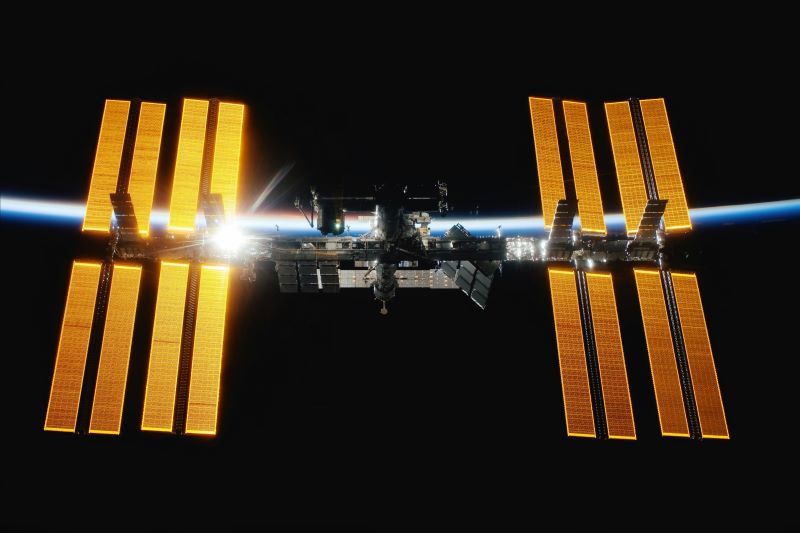Scientists from the University of Silesia in Katowice will carry out research on the International Space Station (ISS) during missions with Polish astronauts. The contract was signed between the University and the European Space Agency (ESA).
USil experts will take part in two experiments that are being conducted as part of the Polish mission to the ISS. These are AstroMentalHealth and Yeast TardigradeGene.
AstroMentalHealth
The AstroMentalHealth project aims to test the effects of space isolation on mental health. Researchers will analyse interaction with the environment, changes in emotional state, and work performance, which could contribute to the development of better psychological support systems for space crews.
The team of psychologists working on AstroMentalHealth is led by Agnieszka Skorupa, PhD, from the Institute of Psychology at the Faculty of Social Sciences of the University of Silesia in Katowice. Other psychologists from the institute – Dagna Kocur, PhD, and Mateusz Paliga, PhD, Associate Professor – are also involved in the project. It will be carried out between 2024 and 2025.
The research group also includes scientists from other centres: Prof. Dariusz Galasiński from the Centre for Interdisciplinary Research into Health and Illness of theUniversity of Wrocław, Justyna Ziółkowska, PhD, DLitt, from the SWPS University and Konrad Opaliński, MA, from the University of Zielona Góra.
The team also includes representatives from Space is Moore Ltd.: Leszek Orzechowski, MSc Eng., and Agata Mintus, MSc Eng., who manages the Lunares analogue space habitat where measurement procedures will be tested and a mission imitating the actual research mission to the ISS will be organised.
The project is being carried out as part of the European Space Agency’s Research Campaign: Call for Polish activities to fly on ISS; Innovation Area: Human and Robotic Exploration.
Yeast TardigradeGene
The aim of the Yeast TardigradeGene project carried out on the ISS with the participation of USil employees, is to test the survivability of genetically modified yeast (enriched with tardigrade protein) in microgravity conditions. The outcome is expected to determine the feasibility of their use as biofactories both during space travel and on Mars or the Moon. The experiment will be carried out by a consortium of three universities consisting of the University of Szczecin (leader), the Adam Mickiewicz University in Poznań, and the University of Silesia in Katowice.
On the part of the University of Silesia, the work is headed by Izabela Poprawa, PhD, from the USil Faculty of Natural Sciences. Other scientists in the team are Prof. Ewa Szuszkiewicz, and Franco Ferrari, PhD, DSc, from the University of Szczecin, as well as Prof. Hanna Kmita, Nina Antos-Krzemińska, PhD, DSc, Łukasz Kaczmarek, PhD, DSc, and Andonis Karachitos, PhD, Dsc, from the Adam Mickiewicz University in Poznań.
All experiments carried out on the ISS are part of the Polish mission to the ISS, which has opened up new opportunities for the development of Polish science and Polish space technology. The projects include studying the impact of long-term stay in space on mental health, the operation of advanced AI units in low-gravity conditions, monitoring noise levels on the ISS, and the use of microalgae in future space missions and space medicine.
Detailed information on the other experiments can also be found on the Polish Space Agency (POLSA) website.

ISS | by NASA from Unsplash

AstroMentalHealth – a project carried out by USil in cooperation with ESA





